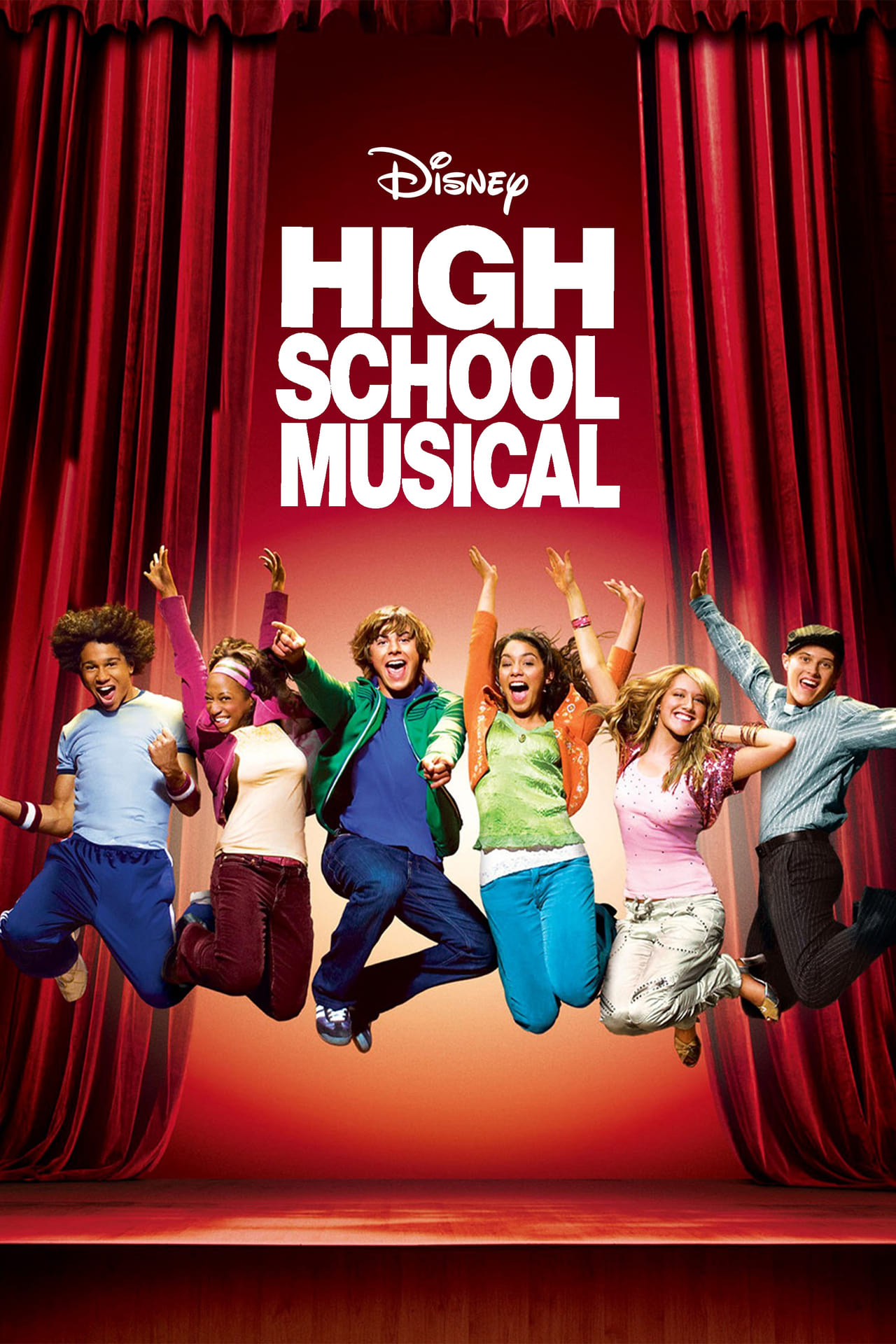

Similarly, pop songs that are " needle dropped" into a specific scene in a film for added emphasis, or that are depicted as being part of the scenes' background (e.g., a song playing on a character's car radio), are not considered part of the score, although the score's composer will occasionally write an original pop song based on their themes, such as James Horner's " My Heart Will Go On" from Titanic, written for Celine Dion. Although some songs, especially in musicals, are based on thematic ideas from the score (or vice versa), scores usually do not have lyrics, except for when sung by choirs or soloists as part of a cue.

Songs such as pop songs and rock songs are usually not considered part of the film's score, although songs do also form part of the film's soundtrack. Since the invention of digital technology and audio sampling, many modern films have been able to rely on digital samples to imitate the sound of live instruments, and many scores are created and performed wholly by the composers themselves, by using music composition software, synthesizers, samplers, and MIDI controllers. Since the 1950s, a growing number of scores have also included electronic elements as part of the score, and many scores written today feature a hybrid of orchestral and electronic instruments. While the majority of scores are orchestral works rooted in Western classical music, many scores are also influenced by jazz, rock, pop, blues, new-age and ambient music, and a wide range of ethnic and world music styles. The term is less frequently applied to music written for other media such as live theatre, television and radio programs, and video game, and said music is typically referred to as either the soundtrack or incidental music.įilm scores encompass an enormous variety of styles of music, depending on the nature of the films they accompany. Scores are written by one or more composers under the guidance of or in collaboration with the film's director or producer and are then most often performed by an ensemble of musicians – usually including an orchestra (most likely a symphony orchestra) or band, instrumental soloists, and choir or vocalists – known as playback singers – and recorded by a sound engineer. The score comprises a number of orchestral, instrumental, or choral pieces called cues, which are timed to begin and end at specific points during the film in order to enhance the dramatic narrative and the emotional impact of the scene in question. The film is playing on the screen to act as a reference.Ī film score is original music written specifically to accompany a film.

A film score being recorded by the composer (conducting at the podium, with his back to the camera) and a small ensemble.


 0 kommentar(er)
0 kommentar(er)
